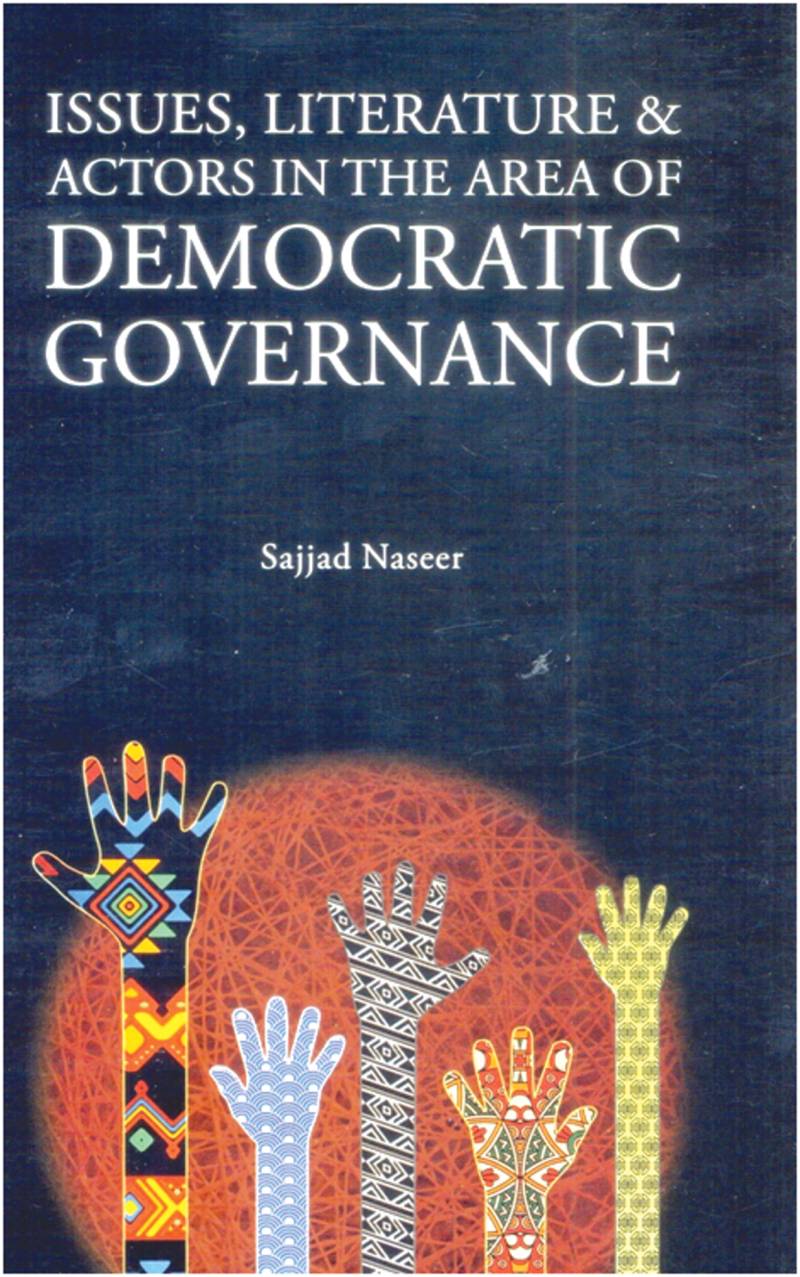Today across the globe populism, globalisation and political mobilisation through social media is changing the dynamics of managing and sustaining democracy.
This raises a critical question; is “Democratic Governance” under duress? Professor Sajjad Naseer, an eminent political scientist, policy analyst, political commentator and Senior Research Fellow at the Lahore School of Economics (LSE), has come up with a timely monograph: Issues, Literature & Actors in the Area of Democratic Governance, published by World Times Publications 2016. Professor Naseer has attempted to untangle this riddle in a conceptual and theoretical framework.
His monograph, or a type of extended essay, is relatively short and concise, yet comprehensive and sharply focused. It explains and interprets the relevance of Democratic Governance by relying on theories and concepts propounded by leading American political scientists of the 1960’s and 1990’s (to name a few Huntington, Almond, Dahl, Prezeworski, Collier, and Kaplan). The monograph can be divided into two broad interpretive sections: The first part focuses on identifying the theoretical and conceptual underpinnings of Democratic Governance through a rigorous analysis of political science literature. The second part illustrates and describes the role of what he calls ‘key actors’-- global think tanks and institutions such as the Inter-Parliamentary Union (IPU), Parliamentarian for Global Action (PGA), International Foundation for Election Systems (IFES) and International Institute for Democracy and Electoral Assistance (IDEA), Friedrich-Ebert-Stiftung (FES), Konrad-Adenauer-Stiftung (KAS), National Democratic Institute for International Affairs (NDI), International Republican Institute (IRI), World Bank, Unesco, UNDP, UNCTAD and CIDA}, in shaping the evolution, development and design of “Democratic Governance” and the challenges that confront it.
Professor Naseer conveys the meanings of complex concepts and theories; such as; Political Development, Political Culture, Modernisation and the changing dynamics of civil military relations. It provides insights on how the State is under pressure and is struggling to adapt and deal with the forces of neo liberal economic world order. His monograph has prescriptions for building political institutions and reforming and strengthening political parties, in particular for interested legislators, bureaucrats and military officials.
Stylistically the expression and format of the monograph is simple and precise and students pursuing research in political science, preparing for the CSS and PCS/PMS examinations would find it instructive, informative and most relevant. Even policy analysts, media persons and those working for the civil society and NGOs would find it a useful tool and handy reference for conceptual clarity.
–The writer is Professor and Founding Director, Centre for Public Policy and Governance, FCC
Saeed Shafqat






